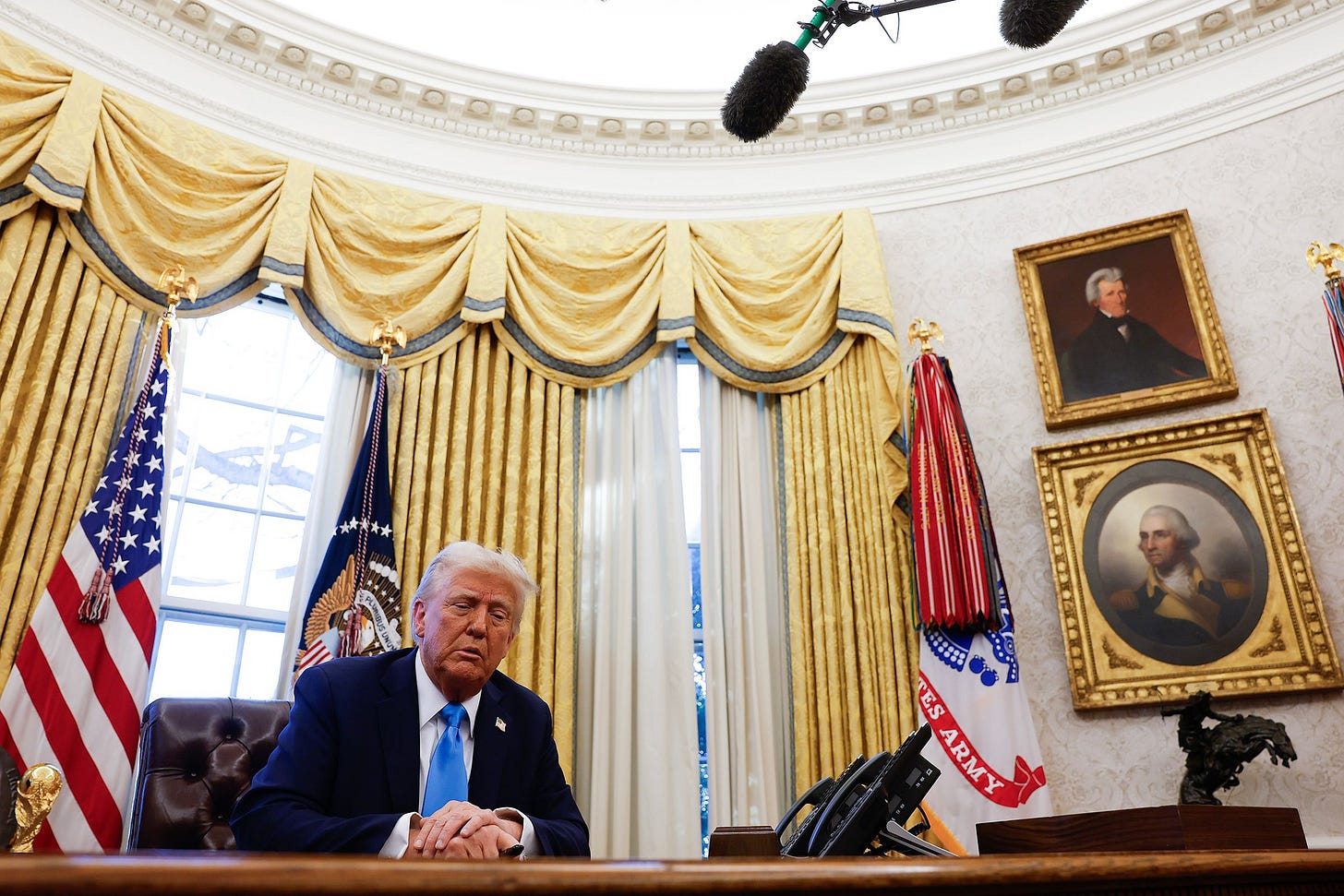Private equity adapts as Trump tariffs reshape global dealmaking landscape
Private equity dealmaking has hit a roadblock as US President Donald Trump’s tariff policies derail a long-anticipated recovery, according to projections by Bain & Company.
The value of global buyout deals in the second quarter of 2025 is set to drop by 16% compared to the first quarter, with April alone down 24% on the previous monthly average.
The private equity industry had hoped for a resurgence under Trump’s second term, expecting a more business-friendly environment and regulatory easing to reverse a two-year slump. Instead, trade and tax uncertainty has curtailed activity, making valuations challenging and limiting transactions to a few tariff-resilient sectors.
“It’s not that the market has stopped, but that it has narrowed,” said Simona Maellare, co-head of the alternative capital group at UBS.
A senior executive at a UK private equity firm said Trump’s tariff announcements in April, some of which were later delayed, had triggered a “massive withdrawal of confidence for any new deal-doing in the US for at least the medium term.”
The slowdown extends to exits as well, with the value of assets sold by buyout funds projected to fall by 9% in the second quarter. The lack of exits has left traditional backers like pension funds and endowments with limited capital to allocate to new funds, intensifying competition for dry powder.
For the first time in a decade, no buyout fund closed in the first quarter raised more than $5bn, Bain reported. Across alternative asset classes, demand now outstrips supply by a factor of three – the widest imbalance since at least 2011.
With IPOs and full company sales proving difficult, Bain’s data shows limited partners are growing impatient. Over 60% of investors polled by Bain and the Institutional Limited Partners Association said they prefer full exits over partial stake sales, even if it means accepting lower valuations.
Despite the challenges, some dealmaking continues, with investors focusing on service-heavy assets less affected by trade barriers. Still, the broader environment remains difficult as private equity firms navigate macroeconomic volatility, limited exit routes, and rising competition for capital.




